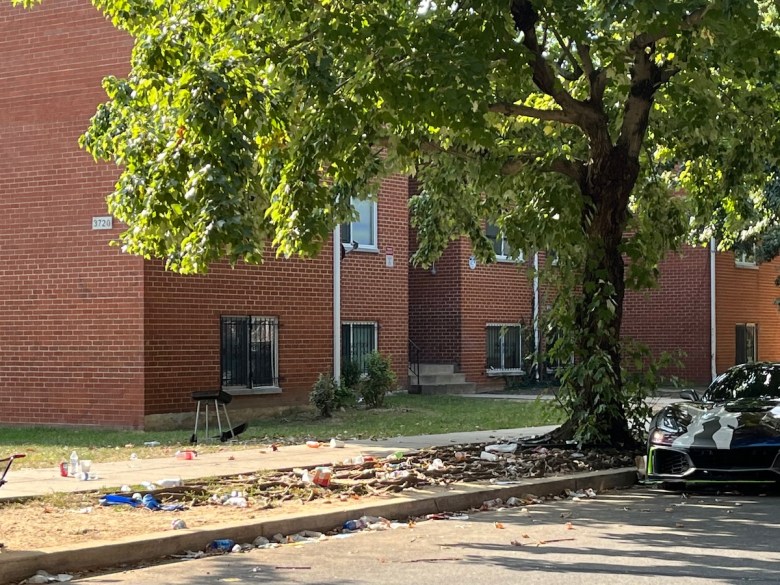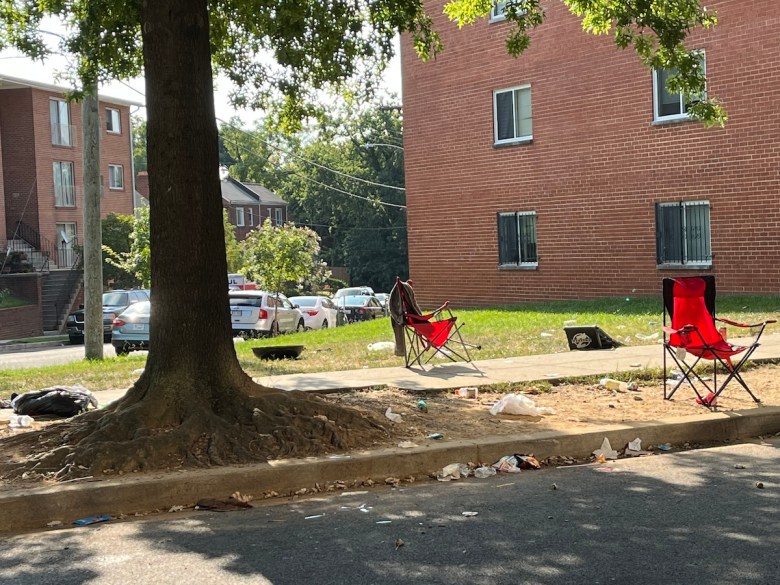D.C. residents grapple with the growing problem of trash, which not only affects the environment but can affect people’s physical health and mental well-being.
In addition to factories, landfills, warehouses and more contributing to environmental injustice, open lots that border apartment buildings often become the landing place for plastic bags, discarded food containers, and sometimes furniture. Neighborhoods become dumping grounds, creating an eyesore for its residents and a breeding ground for rodents and pests.
The consequences of a trash epidemic go beyond mere aesthetics.
Trash management, according to EarthDay.org, not only affects the climate, but affects humans, wildlife and the health of all ecosystems.




Studies have shown that living in a cluttered and dirty environment can have a negative effect on mental health, leading to increased stress, anxiety, and even depression. The constant presence of trash can affect residents’ sense of pride in their community and contribute to feelings of helplessness and despair.
Citizens and environmentalists are calling for action to address the trash crisis. Residents are urged to properly dispose of their waste, participate in community clean-up efforts, and advocate for stricter regulations on littering and illegal dumping in their neighborhoods.
As communities continue to grapple with the consequences of excess trash, it serves as a stark reminder of the importance of responsible waste management and the need for collective action to protect both the environment and the mental health of residents.


